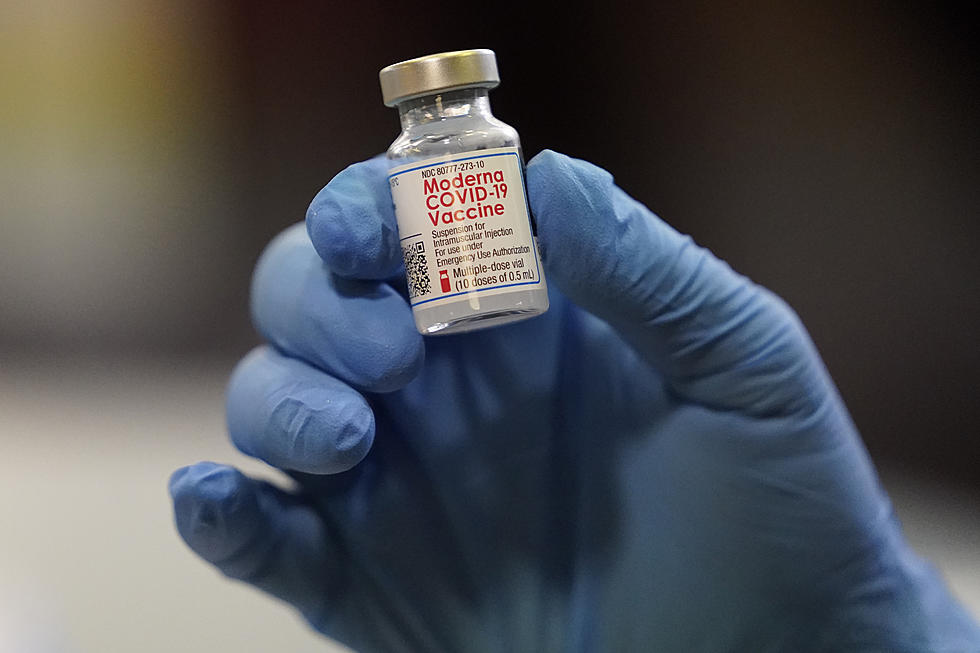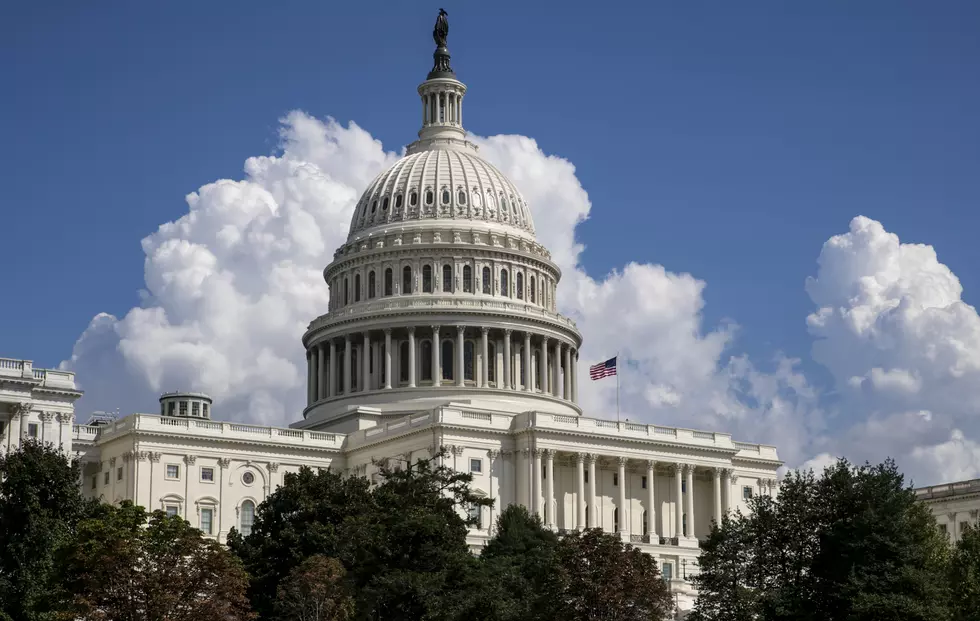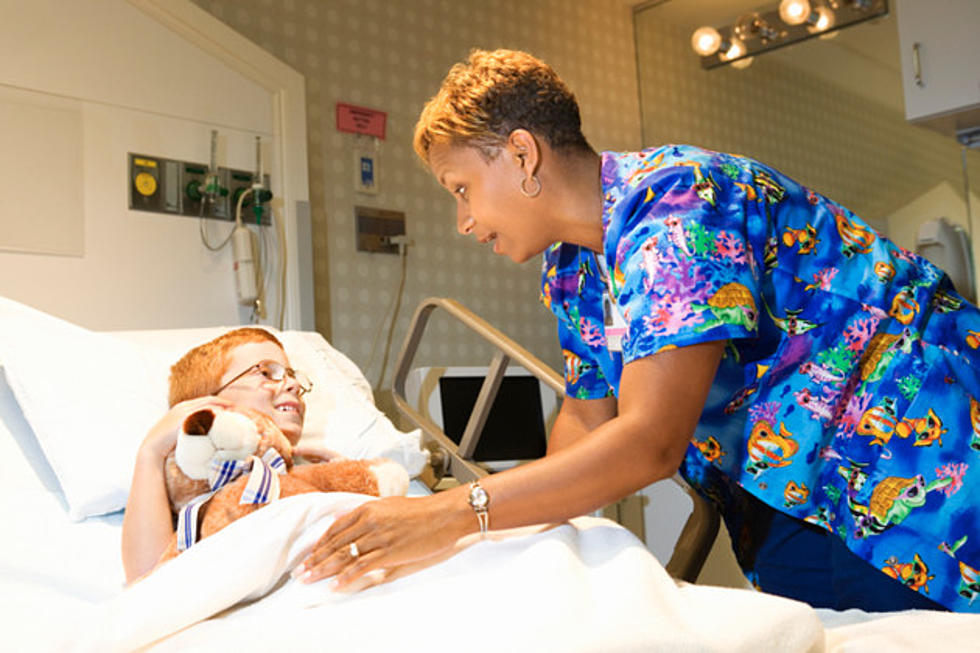Nursing Shortages Increase Risk for Low Birth Rate Babies; Study Says
Infants weighing less than 3.25 pounds account for half of infant deaths in the United States. Yet, a new study released in JAMA-Pediatrics documents that these critically ill babies don't receive optimal nursing care, which can lead to hospital-acquired infections that double their death rate and could lead to long-term developmental issues.
Such infants are the highest risk pediatric patients in hospitals. Hospital-acquired infections afflicted 13.9 percent of these infants in 2009.
"One-third of NICU infants were under-staffed, according to current guidelines. Under-staffing varies further across acuity levels with the greatest fraction of understaffed infants, 92 percent, requiring the most complex critical care, translating into a needed 25 percent increase in the numbers of nurses," said Dr. Jeannette Rogowski, the lead author of the study and professor in Health Economics at the University of Medicine and Dentistry of New Jersey-School of Public Health.
Infection caused four-to-seven days of longer hospitalization with associated increased costs, especially to Medicaid.
"Under recent changes in Medicaid policy, hospitals will no longer be reimbursed for the costs associated with these infections," said Eileen Lake, PHD, RN, FAAN, associate director of the Center for Health outcomes and Policy Research at the University of Pennsylvania School of Nursing. "Sadly, because Medicaid is the largest payer for premature newborns, the additional costs may lead hospitals to further cut the nursing staff, leading to a cycle of infection and mortality that could impact even more of these fragile infants."
More From New Jersey 101.5 FM









